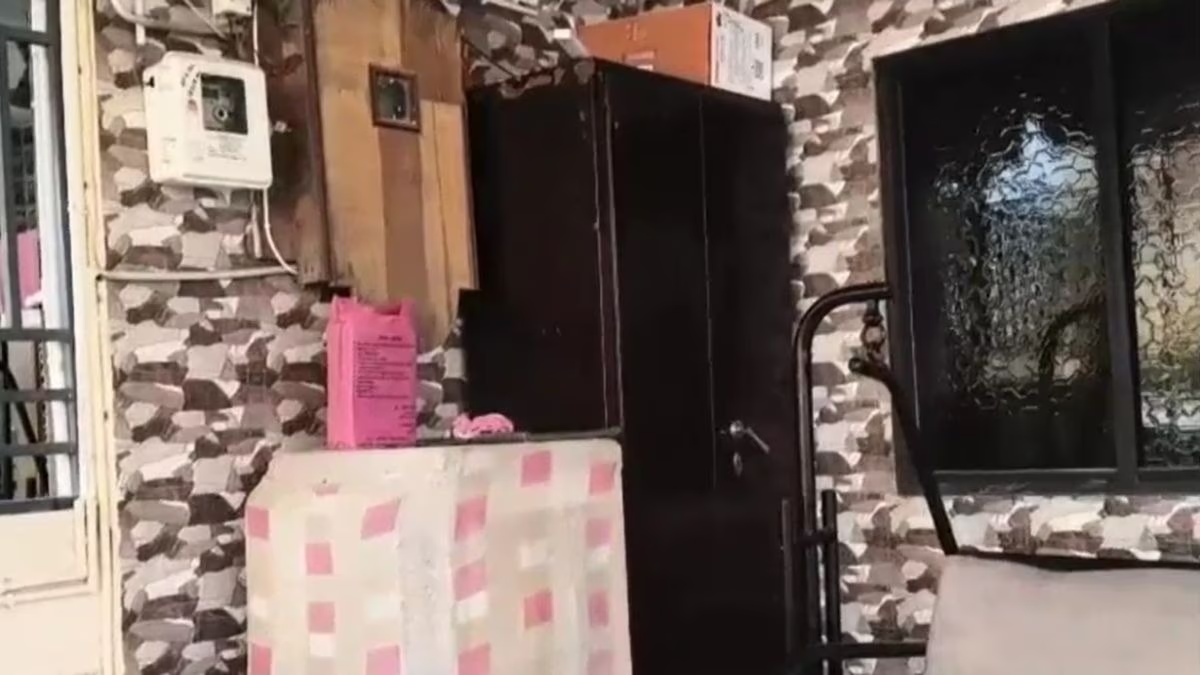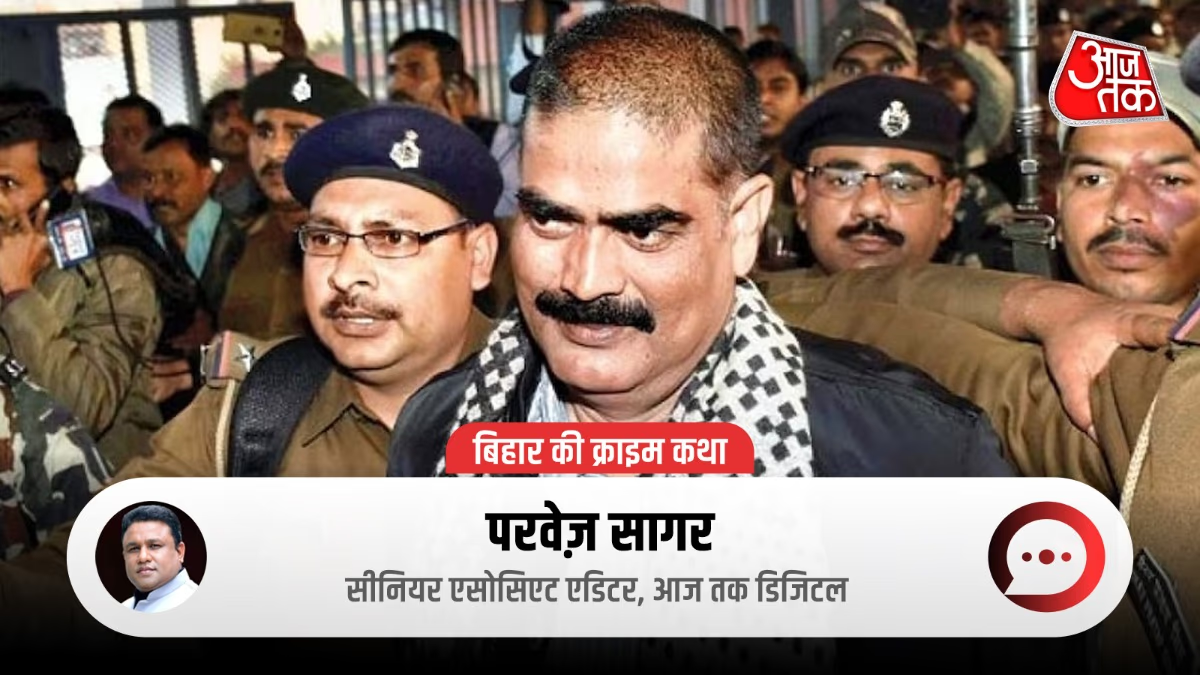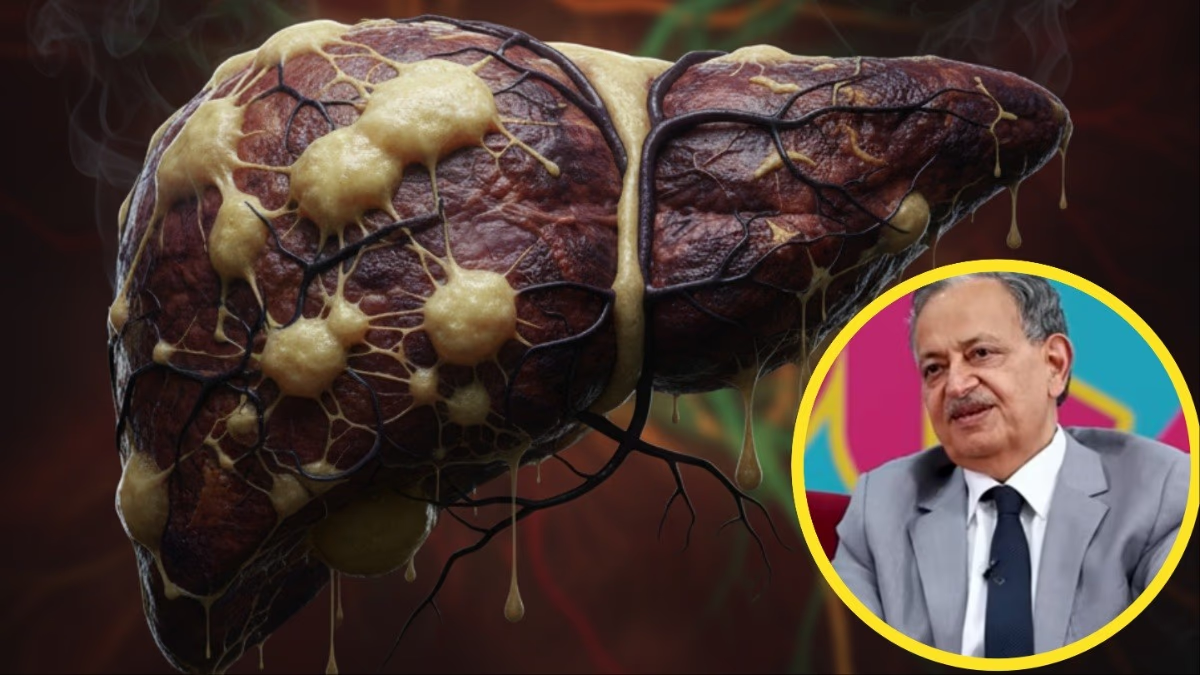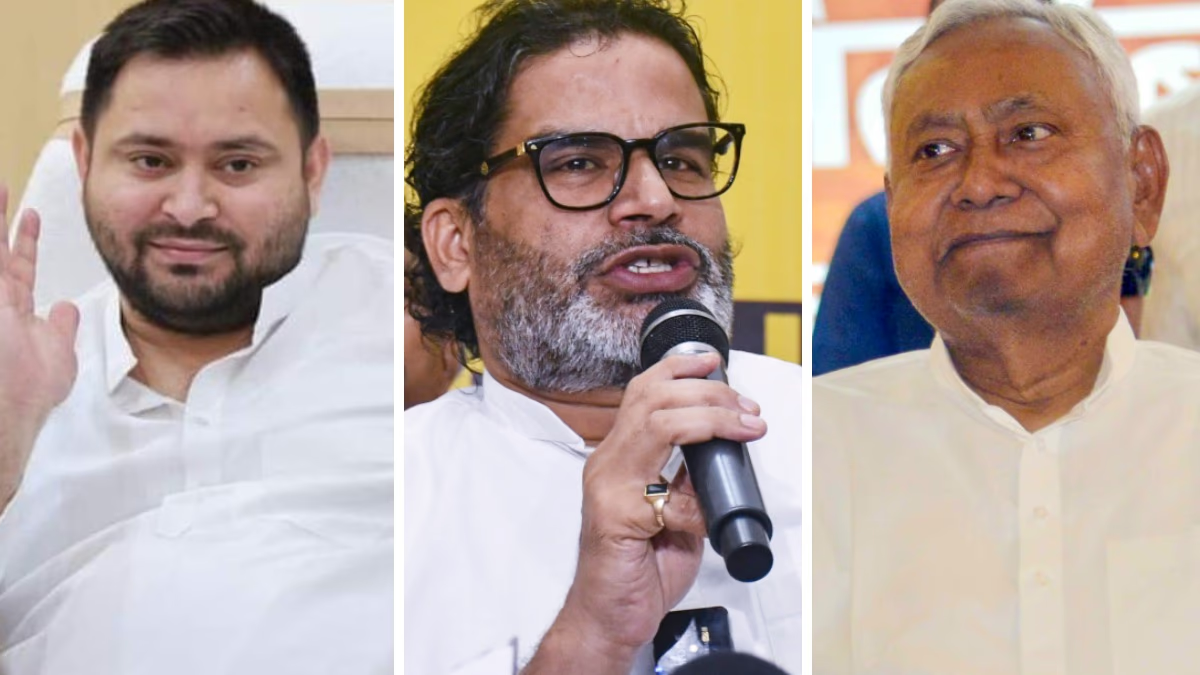The issue of Bangladeshi infiltration in Jharkhand is at the forefront. Local tribal leaders and even state leaders claim that infiltrators exploit the porous borders to target tribal regions of Jharkhand. To understand this, we delved into the ground realities and uncovered the layers beneath these occurrences. From routes used for infiltration to the creation of fake IDs, and why tribals are targeted, our investigation touched every aspect.
The term 'political jihad' emerged during our research, a term used by local tribal leaders who claim their sacred spaces and grazing lands are being converted into graveyards, presenting documented evidence to back their claims.
What do the Parties Say?
During the election rallies, prominent leaders like Prime Minister Narendra Modi, Home Minister Amit Shah, and Uttar Pradesh Chief Minister Yogi Adityanath have addressed Jharkhand's tribal issues. Promising to eliminate infiltrators and secure the rights of the tribals, their speeches revolved around this core issue. Amit Shah recently released the party manifesto, vowing to reclaim lands from illegal occupants, drawing parallels with Assam’s successful efforts.
State’s CM Hemant Soren’s Simple Counter to Sharp Attacks
Hemant Soren simply denies the settlement of infiltrators, instead accusing the government of sheltering former Bangladeshi PM Sheikh Hasina. However, he tends to avoid addressing the changing demography.
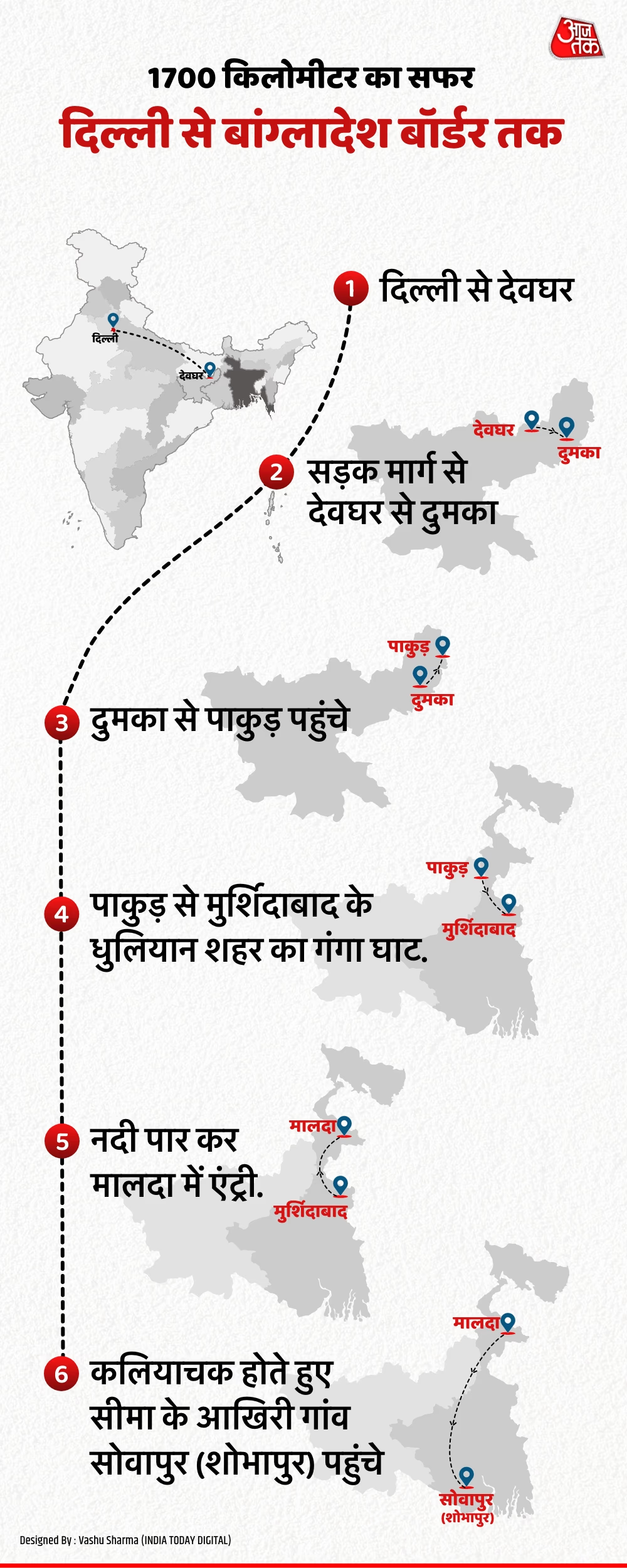
Source: aajtak
Amidst widespread chaos, several questions arise...
- Jharkhand doesn’t border Bangladesh directly, so why is there a settlement of Bangladeshis? - Is infiltration solely for survival, or is there another motive?- Where and how do outsiders, struggling from another country, find support systems here?- Are tribal girls truly being entrapped?- Do any data illustrate changes in the demographic picture?- Are outsiders penetrating local politics post land acquisition and marrying tribal girls?- Is the infiltration merely a war between tribal communities and Bangladeshis, or does it signify a bigger issue?- What measures have been taken by the Home Ministry or any department of Jharkhand?- If proofs exist, why can't the central government act promptly, or are its hands tied?To find answers, we traveled through Santhal-Pargana and witnessed numerous incidences of relationships forming between tribal girls and alleged infiltrators, with such unions extending roots deep into the earth.
The Santhal Pargana Tenancy Act, intended to protect tribal rights, seems to be undermining them like a parasite.
Post-marriage, the matter doesn’t end at land acquisition. Instead, tribal girls are made to contest elections on reserved seats for women, with power effectively transferring to their husbands.
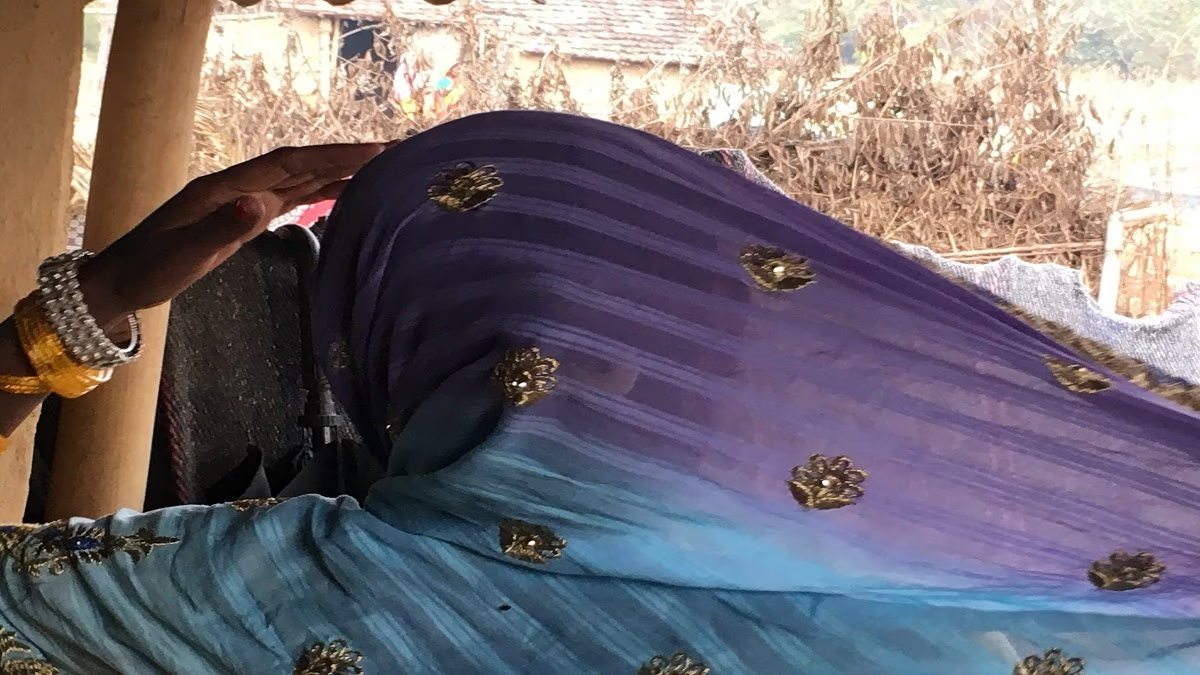
Source: aajtak
In Dumka, students from Sidho Kanhu Murmu University bluntly express: our daughters are investments for them. They invest a lakh, and earn crores in return.
The concept of charity grants is making matters worse.
Tribals donate lands worth crores for nominal amounts, without documentation. The Anikta murder case in Dumka, where a minor girl was burned alive, highlighted such practices. The house of the accused, Shahrukh, also stood on such a granted land.
The demographics of Santhal-Pargana drastically changed over the last two decades, leading to petitions for identifying and deporting infiltrators, although no actions followed. Once infiltrators arrive, their immediate step is acquiring identification. Over 17,000 illegal Bangladeshis were identified in the early '90s, losing their voting rights, but their whereabouts remain unknown.
Despite time, threats evolved. But, why Jharkhand? Other states in the country are wealthier. Why surrender here? Three reasons come forth: 1. Jharkhand's border proximity to Bangladesh, with West Bengal serving as a bridging passage. External forces are active, collaborating with locals like the Popular Front of India (PFI) to create fake identities. PFI had been banned by the state government for anti-national activities years ago.
2. Proximity to Chicken's Neck, the narrow corridor near Siliguri crucial for linking the northeast with other parts of India, makes infiltrating Jharkhand strategically significant.
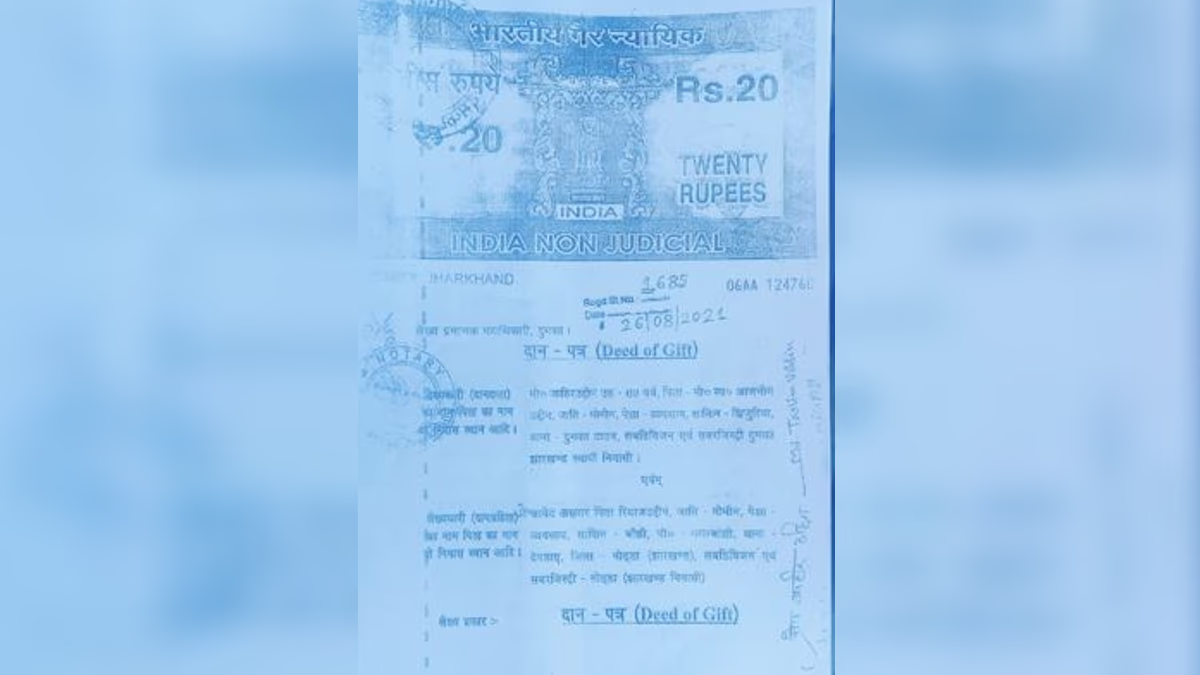
Source: aajtak
3. Jharkhand, despite lesser financial might, is rich in minerals. By infiltrating as tribal kins, they gain direct access to mines.
With everything seeming clear, why no action? Central BJP leaders, active in Sahebganj, cite the mingling of infiltrators like water in milk. Even evidence gets muddled.
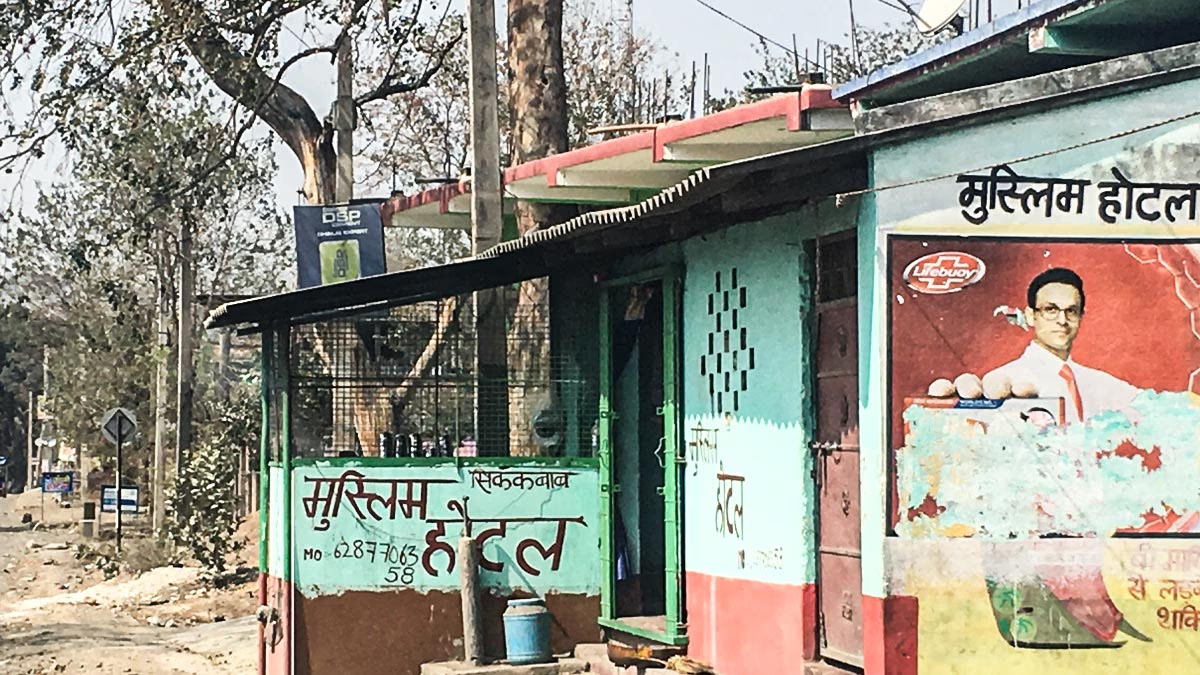
Source: aajtak
Patterns emerge, with non-religious links leading to dangerous consequences. Whether Rubika was cut into fifty pieces or shooter Tara Sahdev fought her way out, tribal leaders claim their villages are becoming Jamaaitolas—lifeless without tribal essence.
Exploring Dumka, Pakur, and Sahebganj, we reached regions reported for infiltration, where water and land borders seem effortlessly permeable.
In previously tribally-dominated regions, 'Salaam' replaces 'Johar' greetings, Bengali is predominantly spoken, though different from Kolkata’s version. A child references 'Gusl,' Arabic for 'bathing,' indicating an integration of cultures.
We met an agent offering visa-free transport to Dhaka, confirming the presence of Bangladeshis living on Indian IDs in numerous regions, including Delhi.
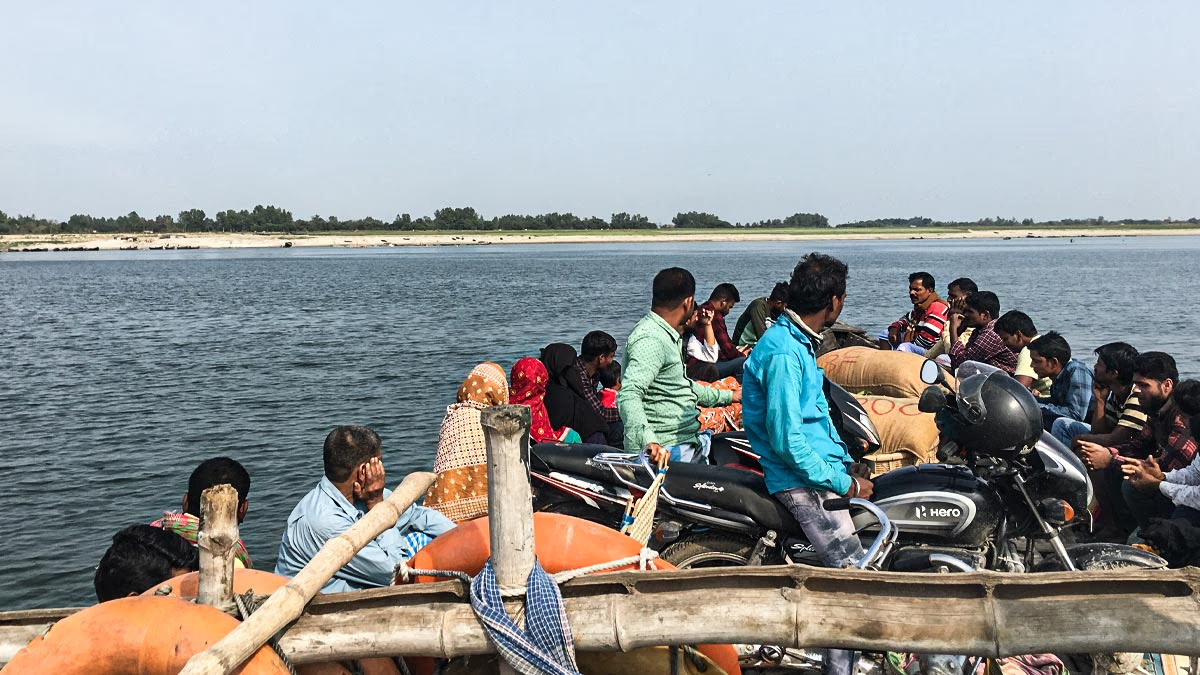
Source: aajtak
To understand the 'rivers’ cracks,' visit Dhuliyan in Murshidabad.
A Muslim-majority city on the Ganges, which becomes the Padma River in Bangladesh. We ourselves traveled the river route via Kaliaganj to Sovapur, where locals openly discuss crossing the fencing unhindered.
Settled infiltrators utilize local madrassas as bases for forged documentation, deciding further relocation. This was revealed by Jharkhand’s special branch in a letter circulated to various departments, accessed by 'aajtak.in'.
Read elaborately -
This revealing racket surfaced when Pakur District Sadar Hospital’s doctors filed cases against fake documents being issued under their names, although they’ve since stopped reporting out of frustration.
Finally, conversations on infiltration were held with both members of the ruling party and opposition leaders.
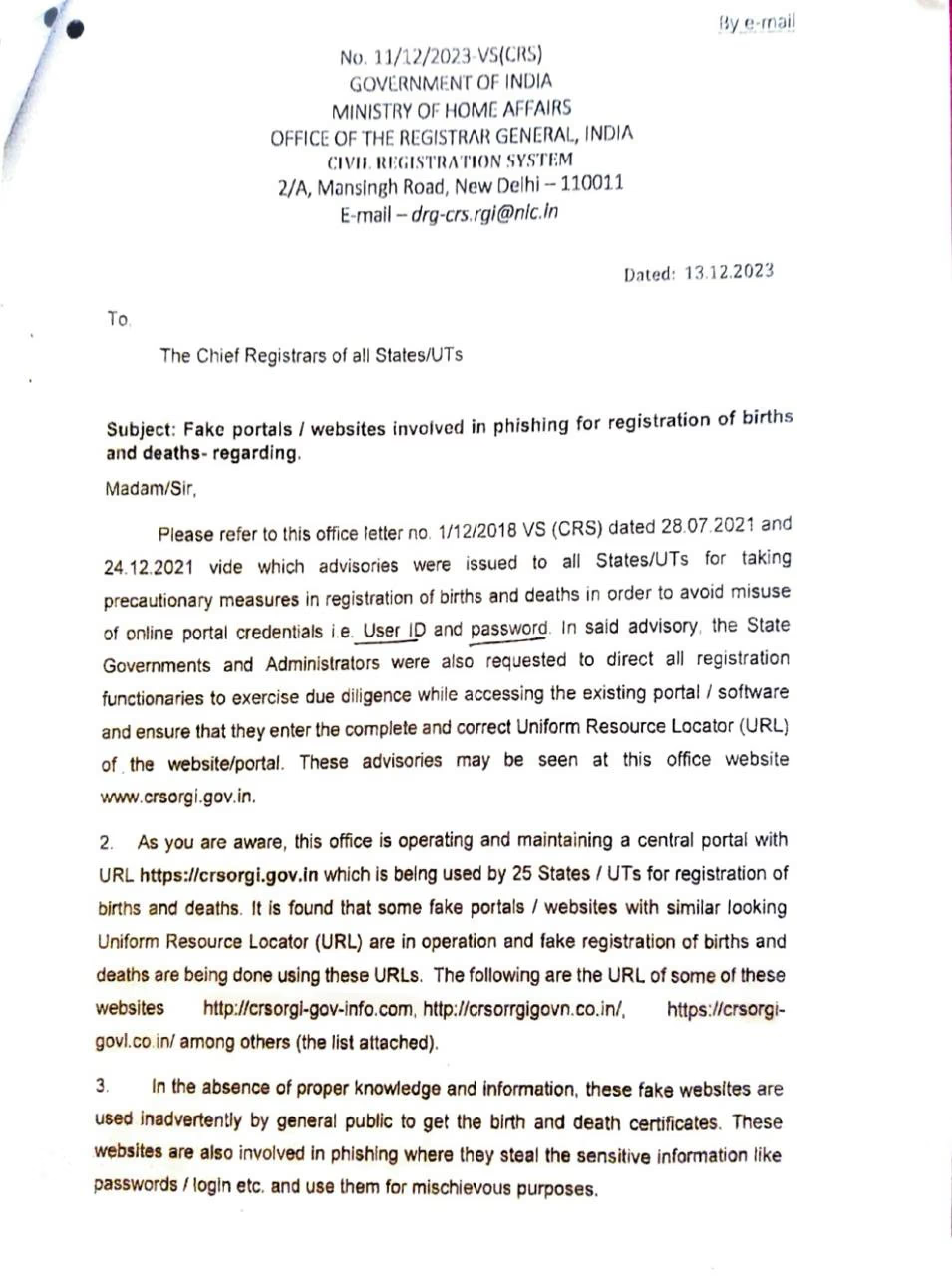
Source: aajtak
Rajmahal legislator
Anant Ojha
, known for addressing the infiltration subject most emphatically, voiced continued infiltrations since the '90s. In 1992, then-Deputy Commissioner Subhash Sharma identified over 17,000 fake voter IDs within the state. Although these were annulled, the individuals behind these names remain elusive. He mentioned a spate of activities linking mobile thefts in Sahibganj to Bangladeshi locations after merely 48 hours, and linked countrywide gold theft to this syndicate.
CM
Hemant Soren
was incarcerated at the time our report was compiled. Representing him, Jharkhand Mukti Morcha leader Basant Soren terms these as unsubstantiated. Post-release, CM Soren reiterated these claims. During our findings, we contacted Congress leader Alamgir Alam from Pakur, who agreed to an interview but became unavailable after scheduling a timing. He was later arrested in a money laundering case.

